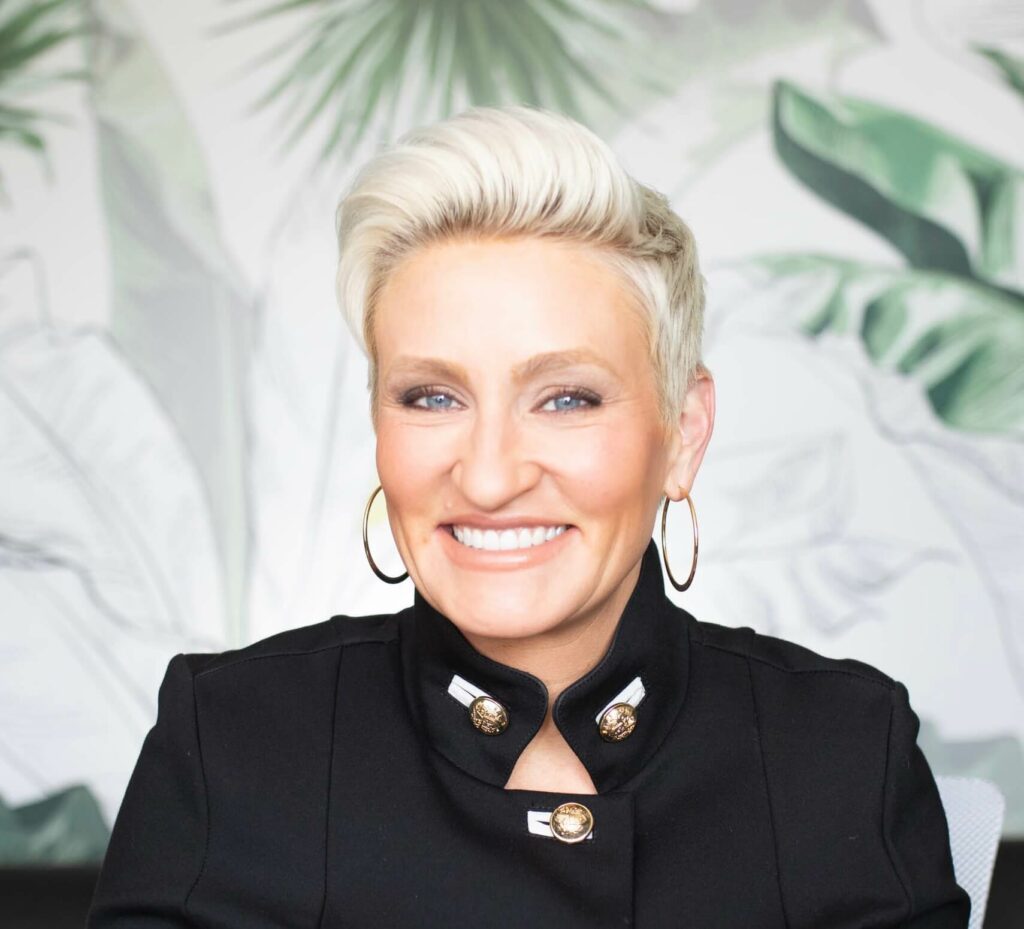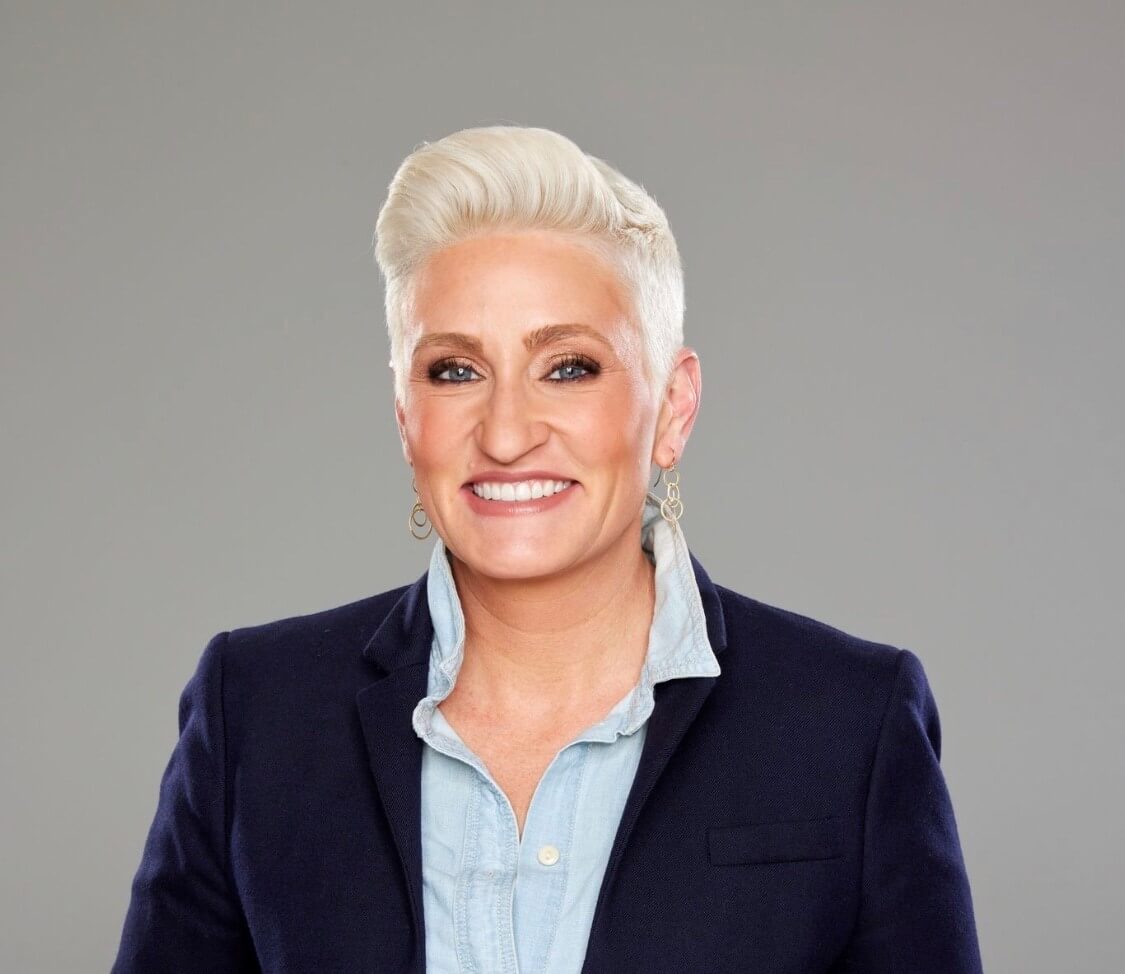Having worked with entrepreneurs across the country, I’m always inspired by their passion and commitment to driving their business forward. And I’m even more amazed by those who manage to juggle the myriad responsibilities of operating a business while somehow finding energy for philanthropy, outside-of-work creative outlets, and a family.
No one embodies this more than my friend Nina Hale, who founded an incredibly successful digital marketing agency (which she recently sold back to her employees), who is an amazing mother, and has one of the greatest philanthropic hearts I know. Below, she shares thoughts on everything from her incredibly busy “retirement,” to her philosophy on how you can have everything…just not all at the same time.
Q: You built an incredible digital marketing agency and ultimately sold it back to your employees. Why was it important that they became the owners?
A: Although I started the business and shepherded it into a solid, stable business, I had about 40 co-workers when I started planning my exit strategy. It didn’t seem right that I should be the sole person to profit from our growth. An Employee Stock Ownership Plan creates a structure that gives a company to employees at zero cost to them. The business, not any individual, pays me off over a long-term loan.
I also tried to create a culture that I hoped would be “the best job I’ve ever had” for people. I felt that giving the company to the employees would protect that culture as well as our strong set of values, which are intricately tied to our culture.
Q: Everything we do requires some sort of sacrifice, in the sense that we can only be in one place at a time. (A work trip means you might miss bedtime with your kids, for example.) Do you think it’s possible for people as they move through life and are in different stages of building their careers to embrace the fact that you can’t do everything at once?
A: Repeat after me: “You can have it all, just not all at the same time.” Life is long, we go through many stages, it’s OK to play a long game. For many people, success comes from very hard work, and you need to dedicate a lot of time to get good at what you are doing. I didn’t watch TV, hang out much with friends, or do any real homey/crafty stuff from about 1997 to 2015. But I don’t think of it as a sacrifice as much as a gift. I was spending a huge amount of time working because I loved what I was doing. My family was dear, and very understanding, and I tried to be very focused on them for a few hours each day. I have a lot of things to look forward to. I’m excited that I can binge on the Sopranos sometime in my future.
Q: In your so-called “retirement,” you’ve started making your own (amazing) clothes, going “birding,” and pursuing all kinds of other fun-but-busy hobbies. What does that feel like after driving so hard in your career for so long? What does this “season” of your life mean to you?
A: If there is a hobby you associate with a retired lady, I might have it. I have the blessing (and lifelong ethos of saving) to be able to enter a new stage where I am only in an advisory role at work. I’m a lifelong learner, and love the act of creation. So instead of spending most of my waking hours building a business, I’m spending most of my waking hours learning to make clothes. The difference is that I’m the only stakeholder, so if I occasionally want to go off the grid to track down rare tropical birds, I can do that. It is an absolute joy to starting digging into all these other interests, knowing that the company is thriving.
Q: You’re very passionate about giving back. Do you believe that people in leadership roles should feel a sense of responsibility to give back?
A: I can’t stress enough the importance of appreciating what you have and sharing that. In the non-profit world, it’s the concept of giving from the three T’s: “Time, Treasure or Talent.” There are myriad studies on the personal beneficial effects of generosity, and I’m also an enormous believer in karma (“whatsoever a [person] soweth, that shall [they] also reap”). In fact, our agency’s top value is based on business karma: “Put the client first, confident that good things will follow.” If you create a strong value system, you should be able to answer most quandaries by testing them against that system.
I have passionate, and sometimes controversial, viewpoints, but I try to focus on kindness. I believe that kindness is one of the most important human qualities. If everyone in the world were kind, it would create an epic transformation towards good. My husband and I, following the example set by my father and stepmother, try to be generous and philanthropic. We support many causes and try to give a minimum of 25 percent of whatever our own annual spending is. And I currently serve on or assist a number of nonprofit boards and am involved in their marketing efforts.
Q: Not only do I believe that companies should be transparent in their marketing, but I also believe they have an opportunity to “Do Well By Doing Good.” How important do you think it is that companies move beyond philanthropy and get involved in advocating for and making the lives of their customers better?
A: There is an excellent documentary called “Poverty, Inc.” In it, they showcase corporations like Cargill and General Mills who give their time to train locals in food and grain production, rather than sending food. This is a perfect example of a business going beyond philanthropy to make a lasting improvement in people’s lives.
We as an agency most enjoy working with companies who are transforming people’s lives. This is often expressed in the upward mobility possible through education and financial acumen, and in the crucial impact found in access to affordable and compassionate health care. We’ve also turned down clients who take advantage of people, such as high-interest loan operators. We try to screen employees for client empathy, so they will always understand and advocate for their clients, not be secretly at odds with them.
Few people get to work in an environment that is focused on a cause, not on revenue. It is probably wonderful for their souls, but, as you and I have discussed, they are also frequently giving up salary levels they could earn outside of the non-profit world. Thus, having the opportunity to work at a corporation that is trying to make the lives of their customers better would be wonderful. My concern, however, lies in what one considers to be making someone’s life better. In this day of polarizing ideologies, so much has become politicized that it can be risky for any business to take action based on what they think people need. And certainly there are companies who have taken stands that I disagree with. But those risks aside, if a company can use their power, knowledge and resources to make the lives of their customers better, it is a crystal-clear example of business karma at its best.
Q: I think you are a rock star in the business world. If you were a regular rock star, what would be your stage (or band) name?
Bahaha, I love this question. Sadly, Josie and the Pussycats is taken.



